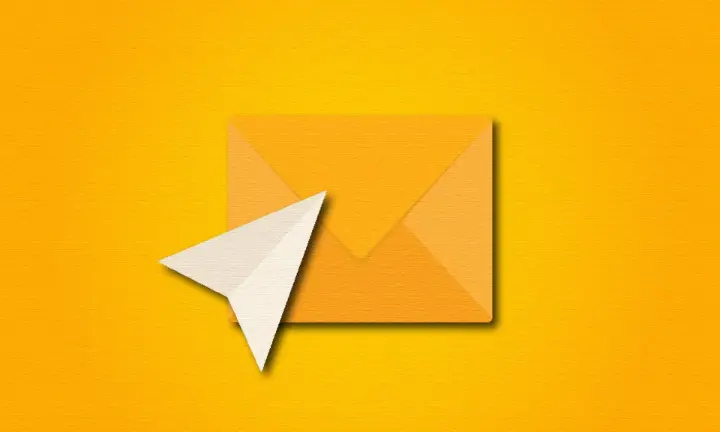Alternatively, they could be using a combination of business email and personal email to conduct business communications. Whilst this may be convenient and save time and money in setting up something solely for the organisation it could actually be detrimental to the business.
There are a number of reasons that personal email addresses should be avoided which include:
- Being marked as spam – Often, if there are multiple emails being sent from a personal email account, this could be picked up as spam by other email providers meaning important business emails end up in the junk folder. Obviously, this can affect business if potential clients are not receiving the emails.
- Contact lists – In a personal email account it will be more difficult to keep track of work and personal contacts. Whilst Gmail is compatible with some CRM systems using a business email provider means more control over business contact lists.
- Linked to other accounts –Personal accounts are often linked to other applications (for example YouTube) which can have unexpected impact. For example, if a personal YouTube account is suspended for some reason, this could potentially impact the associated email service. Alternatively, if a personal email has been used to login to a third-party app and they are breached, this could put the business (and personal) contact list at risk.
- Prevention of business growth – When your business is ready to grow your new employees will be expected to have their own business address, which means you will have to set one up anyway. Why send the message from the beginning that you are not open to growth? A further challenge is when a member of staff leaves the organisation. If they have been using their personal email, they now have removed business data away from the organisation which raises security and GDPR concerns but also removes the communication trail away from the business which can make the replacement member of staff’s job more difficult.

- A security risk - Sending business data to a personal email address could present a security risk as there will be no security options for End-to-End Encryption. Additionally, with inhouse business emails it is possible to impose further security measures ensuring that emails received are safe.
- GDPR compliance – Using personal email could mean you are not GDPR compliant in regard to the safe processing and storage of client data. This can end up in fines for non-compliance. Recently, former health minister Matt Hancock was accused of sending parliamentary emails from his personal account which raised a number of questions regarding security as well as transparency. It can be difficult for any business to keep track of their client/staff communication if it is within a number of different applications.
- Lack of personal branding - When using personal email providers, you are limited to how much you can do to ensure the email adheres to your company’s branding, whereas business email providers make this an easier option.
- It looks unprofessional – At the most basic level having a Gmail or Yahoo email address makes your business look unprofessional. This can sow seeds of doubt in the minds of potential clients about whether they should trust you with their money and their data. A branded email address immediately tells the client that you are a professional and they can trust their business with you.
What Next?
If you are using personal email addresses in your business transactions because you thought, it would be complicated or expensive to set up bespoke email addresses then speak to SupportWise today about upgrading.